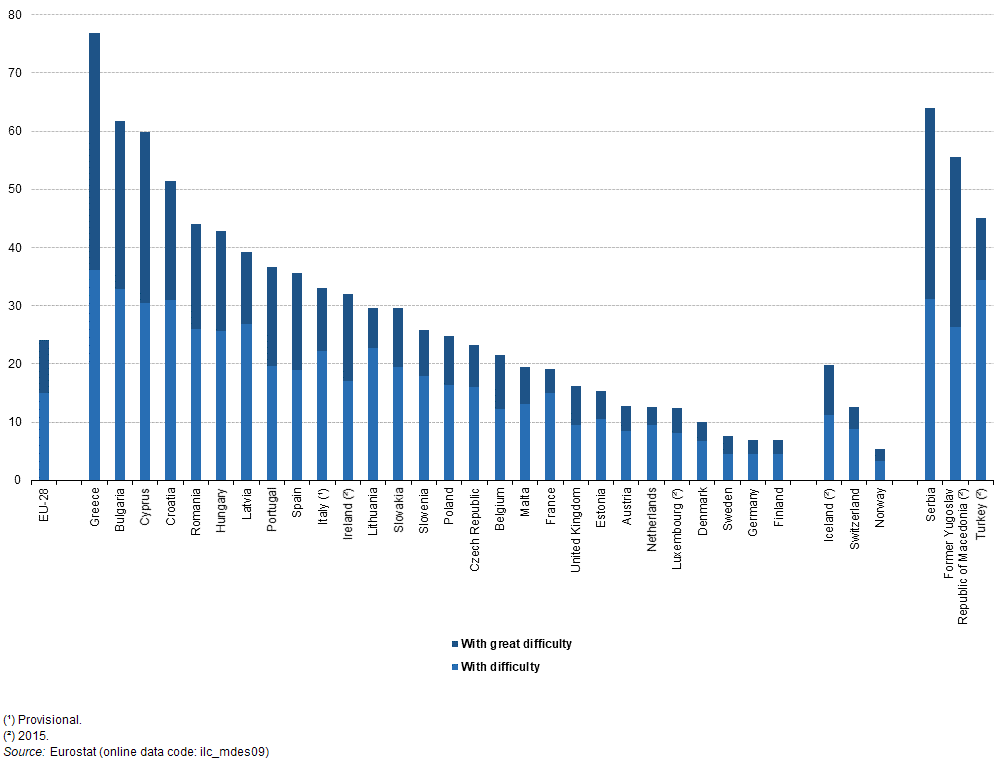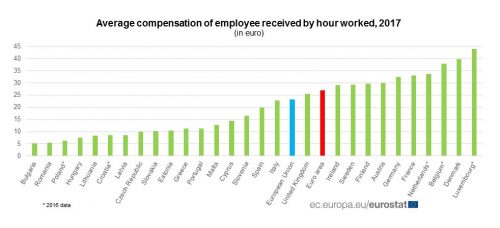Information Commissioner’s Office (ICO) is the the UK’s independent authority set up to uphold information rights in the public interest, promoting openness by public bodies and data privacy for individuals.
They have published their own Guide to GDPR, which I find somewhat better than this one from the European Union.


